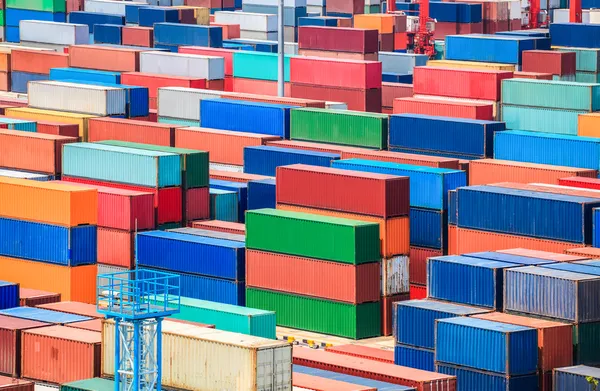Introduction
In an era where global supply chains face unprecedented challenges, securing and fortifying the supply chain has become paramount for businesses. The Customs-Trade Partnership Against Terrorism (CTPAT) emerges as a critical tool, providing a robust framework for enhancing supply chain resilience. As an ISO 17020-accredited inspection agency specializing in CTPAT, we take pride in offering comprehensive inspections and issuing CTPAT certificates to businesses across various cities and countries.
Understanding the Significance of CTPAT
Introduction to CTPAT: The Customs-Trade Partnership Against Terrorism (CTPAT) is a voluntary program established by U.S. Customs and Border Protection (CBP). Designed to strengthen international supply chains, CTPAT focuses on collaborating with businesses to implement best practices for supply chain security. Its overarching goal is to mitigate the risk of terrorism within the trade community.
Supply Chain Resilience: As supply chains become increasingly interconnected and complex, they are susceptible to various risks, including terrorism, theft, and disruptions. CTPAT plays a pivotal role in enhancing supply chain resilience by promoting proactive measures to identify and address vulnerabilities.
Our Role as an ISO 17020-Accredited Inspection Agency
Comprehensive Inspections: As an ISO 17020-accredited inspection agency, we bring unparalleled expertise to the table. Our team conducts thorough inspections, meticulously assessing the security measures and protocols implemented by businesses. These inspections cover various aspects, including physical security, personnel security, procedural security, and information technology security.
Tailored Solutions for Different Cities and Countries: Recognizing the unique challenges faced by businesses in different cities and countries, we tailor our services to address specific regional considerations. Our goal is to ensure that businesses, regardless of their location, can meet the stringent CTPAT requirements and contribute to a more secure global supply chain.
The CTPAT Certification Process
In-Depth Analysis: Our certification process involves an in-depth analysis of a company’s supply chain security practices. This includes a comprehensive review of documentation, on-site inspections, and interviews with key personnel. We work closely with businesses to identify areas of improvement and provide actionable recommendations.
Assistance with Security Enhancements: We go beyond inspections and actively assist businesses in implementing security enhancements. Whether it’s upgrading physical infrastructure, enhancing personnel training, or optimizing information technology security, our team collaborates with clients to fortify their supply chain against potential threats.
Benefits of CTPAT Certification
Facilitated Trade: CTPAT-certified businesses enjoy expedited processing of their shipments through customs. This not only translates to cost savings but also ensures a smoother and more efficient flow of goods across borders.
Enhanced Reputation: Being CTPAT-certified is a testament to a company’s commitment to supply chain security. It enhances the company’s reputation and credibility in the eyes of customers, partners, and regulatory authorities.
Global Competitive Advantage: In an increasingly competitive business landscape, CTPAT certification provides a distinct advantage. It opens doors to new opportunities and markets by demonstrating a commitment to security standards that align with global best practices.
Conclusion
In conclusion, CTPAT stands as a critical tool for supply chain resilience in today’s dynamic business environment. Our role as an ISO 17020-accredited inspection agency is to guide businesses through the CTPAT certification process, ensuring that they not only meet the requirements but also enhance the overall security posture of their supply chains. As we continue to operate in a world where supply chain security is paramount, CTPAT remains a cornerstone for businesses aiming to fortify their global operations and contribute to a more secure and resilient supply chain ecosystem.








